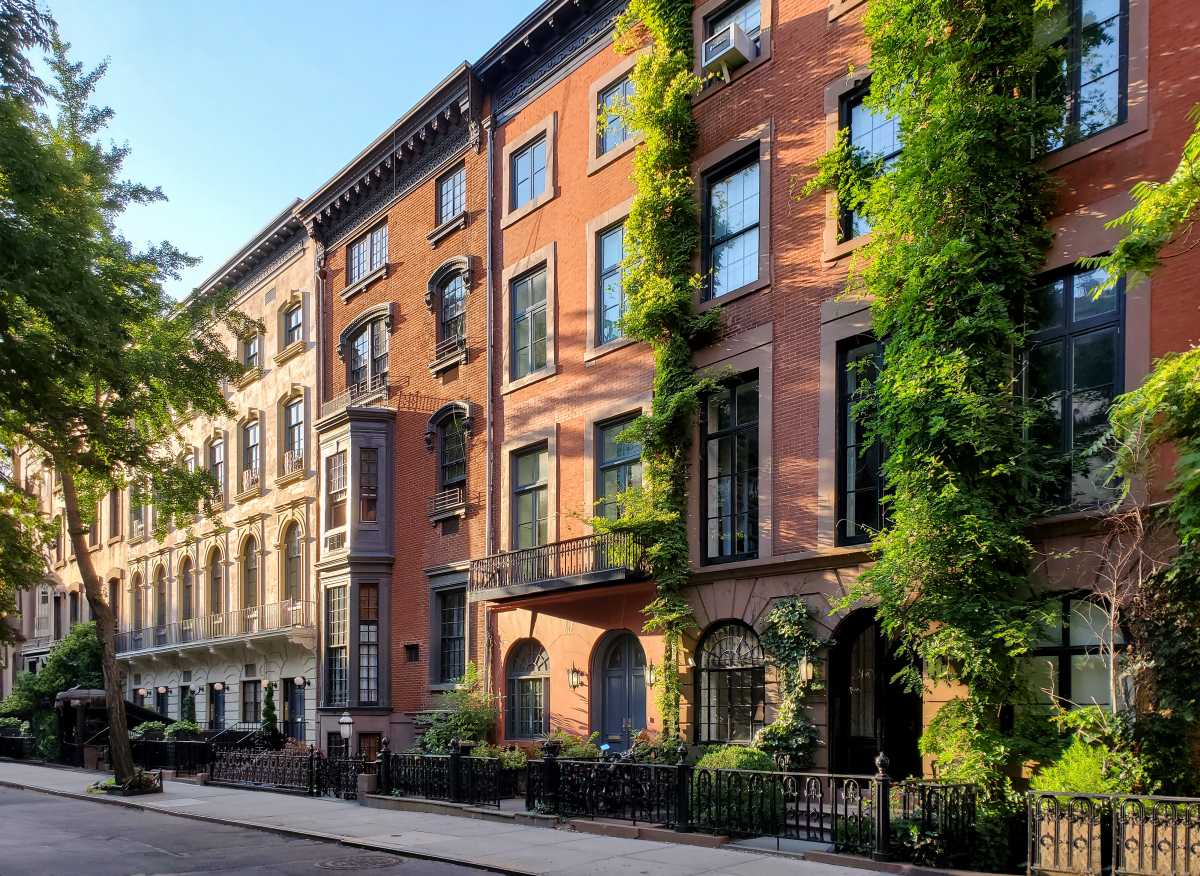BY TIM FREEMAN | Back in June, I reviewed Todd A. Harrison’s book, “The Other Side of Wall Street,” for this newspaper. I ended the review with this encapsulation about the book’s author and the future of Wall Street: “Harrison is an optimistic ray of hope in these economically depressing and uncertain times. With his professional acumen and moral compass highly tuned, Americans can sleep easier at night knowing people like him are at the center of the Wall Street machine, coaxing and guiding it back to health.”
I had faith in Mr. Harrison after reading his memoir not only because of his twenty years of experience on Wall Street, but because he is a battle-scarred veteran of the trading rooms and floors. Harrison is a maven who has worked alongside such luminaries as Mad Money’s Jim Cramer, and he is a man who has had his moral rectitude molded by trials, tragedy and spiritual reevaluation.
Coincidentally, there are legions of people out there who do not share my optimism. They do not have faith in people like Harrison and all the other Wall Street czars – and what is more, they blame Wall Street’s institutions for creating the current economic slump that is hampering the nation’s productivity. These people are tired and fed up, and now they are speaking out.
By now everybody is well aware that a movement of protesters calling itself Occupy Wall Street has been camped out in Lower Manhattan for the last month. The protesters are demanding corporate and political change, calling for an end to what they say is a symbiotic system of Wall Street greed influencing government policies. The protesters are made up of mostly twenty and thirty-somethings who tout signs that read, “Tax the Rich“ while chanting, “Wall Street is our street!“
Rallying against the power structure is nothing new for young adults; however the current economic crisis has placed younger people at an unfortunate disadvantage. Many of them are justifiably upset and worried. The economic downturn that began in 2008 has disproportionately impacted the lives of people who are just starting out, and many of these young people are having a harder time coping with the repetitive waves of joblessness and frozen growth that are stalling the country.
A quick survey of the Occupy Wall Street protesters will turn up a desultory jeremiad of complaints, however, the basic gist of the argument coming from younger members of the movement is this: I went to college, I worked hard, and I followed the rules so that I could be successful and happy, but instead I wound up poor and unemployed.
Beyond the left wing, anti-corporate/anti-establishment rhetoric of the protests, there is a deeper thread uniting the younger members of the Occupy Wall Street mobs. Young people look at each other today and they see rampant underemployment and, in too many cases, unemployment among their ranks. Ten years ago, the typical staring-out American household of couples between the ages of 27 and 35 owned a home, drove two vehicles, and already had a small cushion of savings and investments (keep in mind that this is a rough, unscientific sketch, however, I think most people will agree that it’s accurate). Today, there are just as many people in that age group that still live at home with their parents. They are unmarried, they drive hand-me-down cars, they earn insufficient wages working at part-time jobs, and they have no savings or investments to speak of. More than being about pushing an agenda, the O.W.S. protests are about young people coming together and addressing the persistent problems plaguing their generation.
University of Wisconsin economist Tim Smeeding was quoted in a September 17 NPR article as saying, “I’m afraid we have a lost generation out there of young people who aren’t well prepared, who can’t find work, and they’re never going to realize the American dream.”
The problem Smeeding points out has far-reaching implications. Chronic underemployment and unemployment among twenty and thirty-somethings means that they lack vital purchasing power. They are not buying vehicles and homes, and they are not investing their money. Basically, they are not doing the essential things that drive the economy.
Young people are rallying on Wall Street and in other cities because they want to call attention to their plight. They want the world to listen to them, and they want to be taken seriously. They feel let down – by institutions, by leaders, and by their fellow Americans. These are mostly good kids who tried to do the right thing but who were not rewarded accordingly.
The younger O.W.S. protesters realize that their present dire situations pose a significant threat to their future stability and prosperity, and they realize that change has to happen now if it is going to happen at all.
Change can’t wait until tomorrow, because tomorrow will be too late. The ship that carries the American Dream for these young people will have already sailed.






























